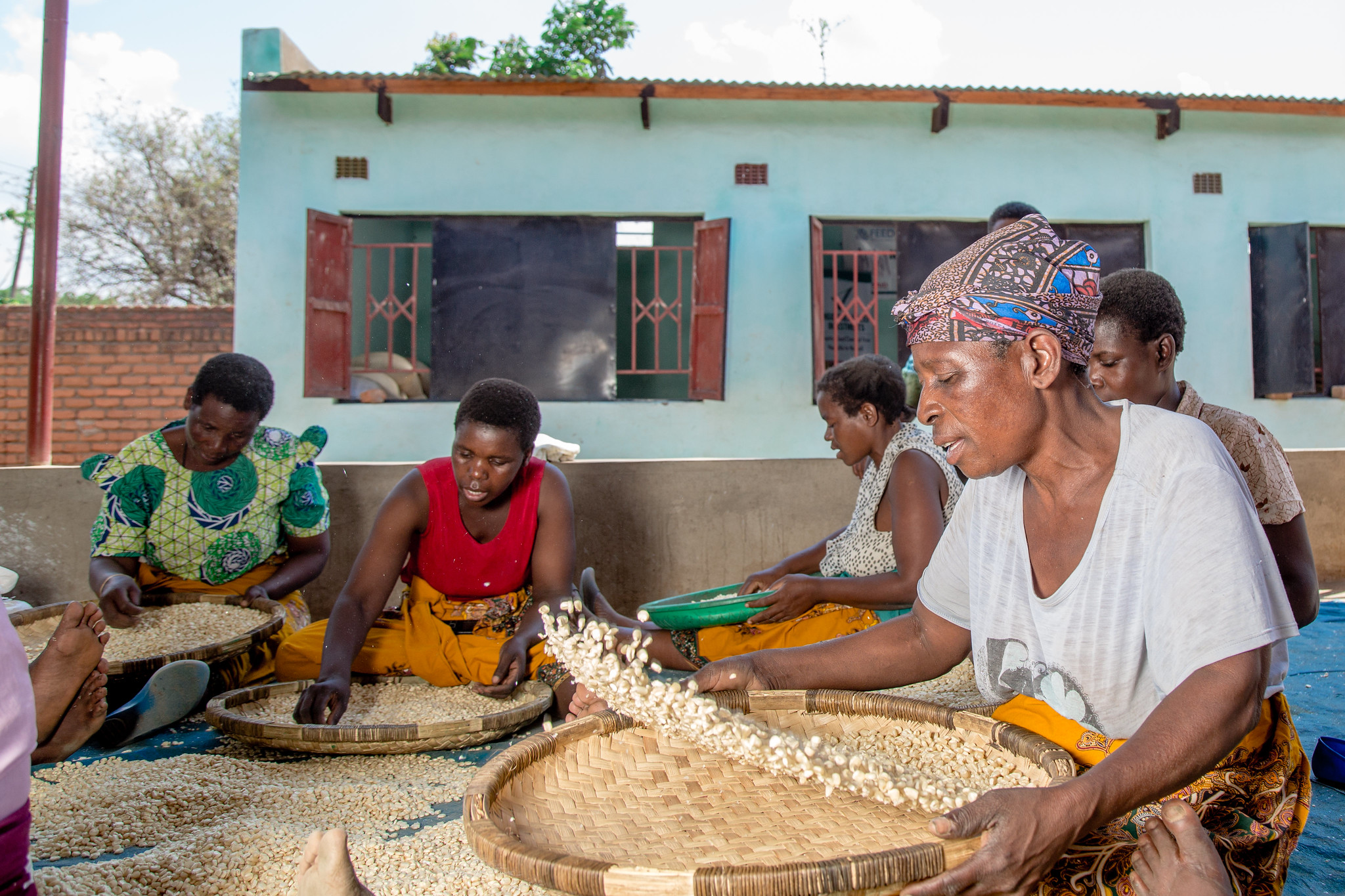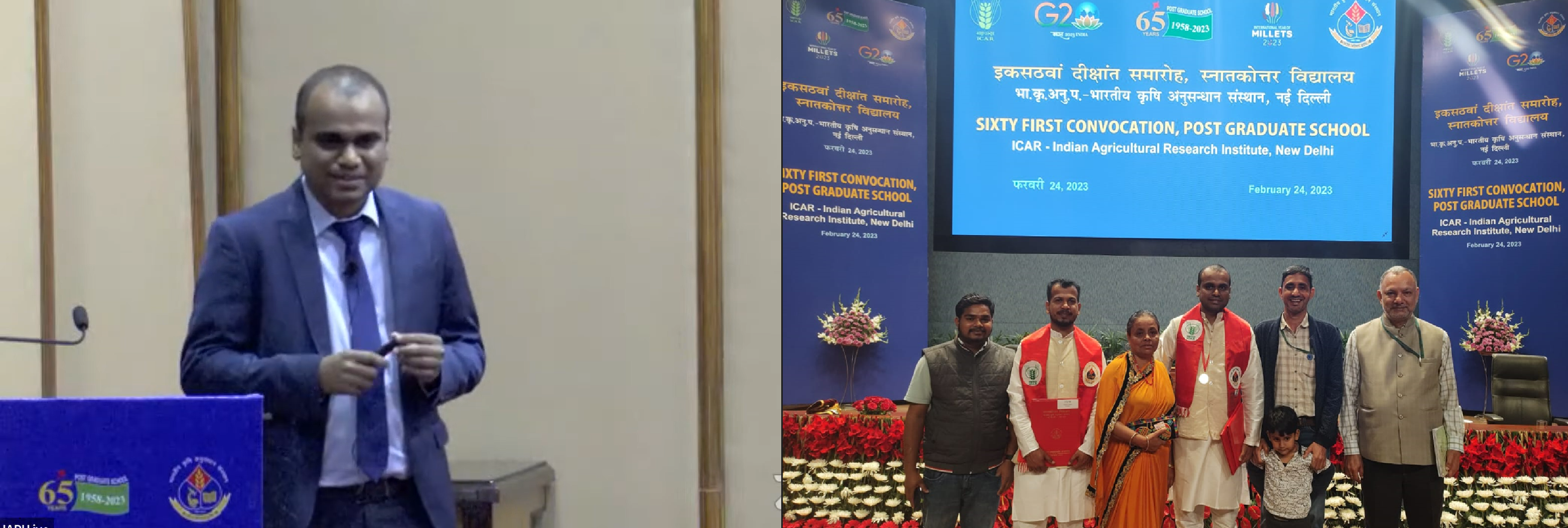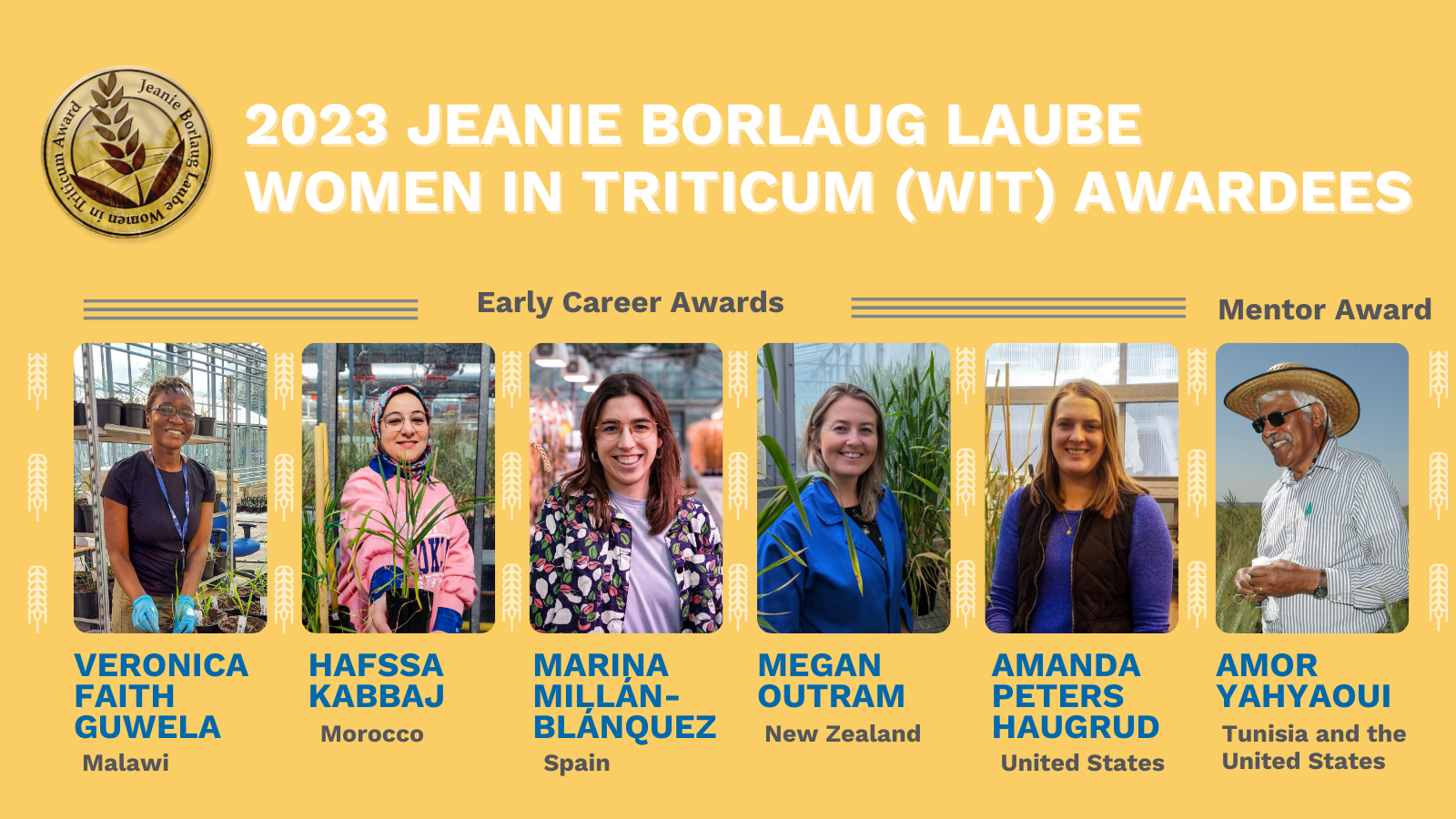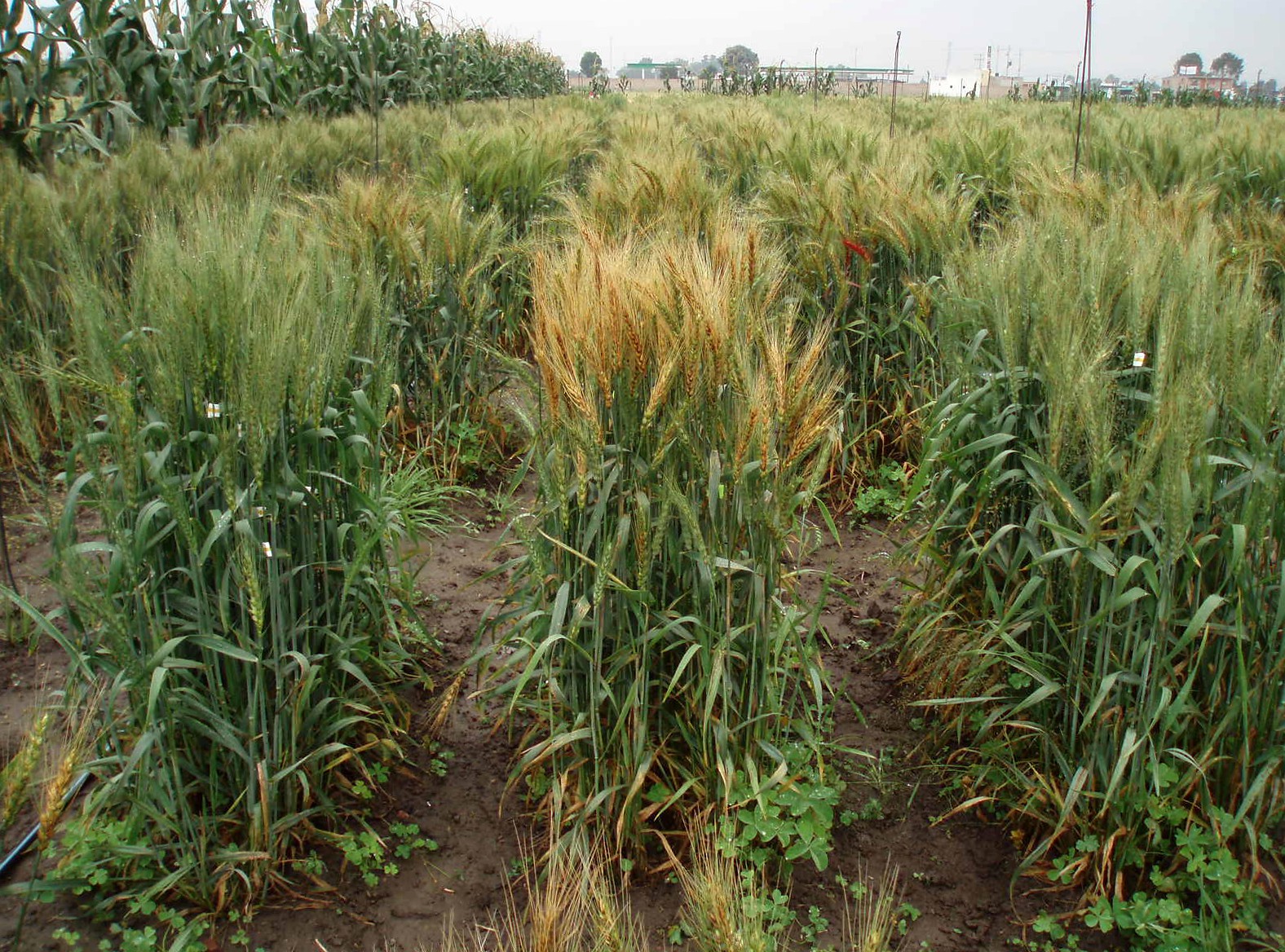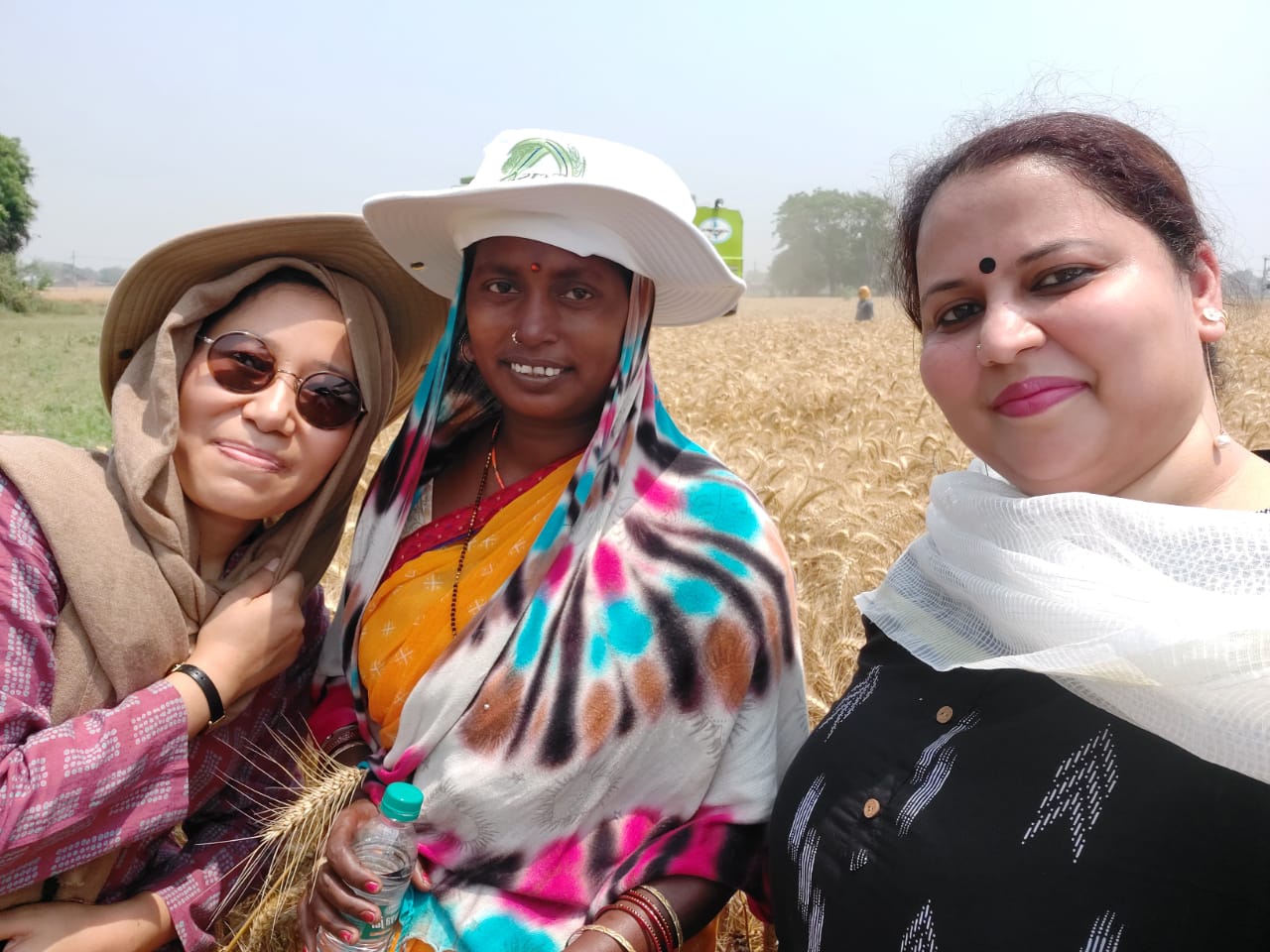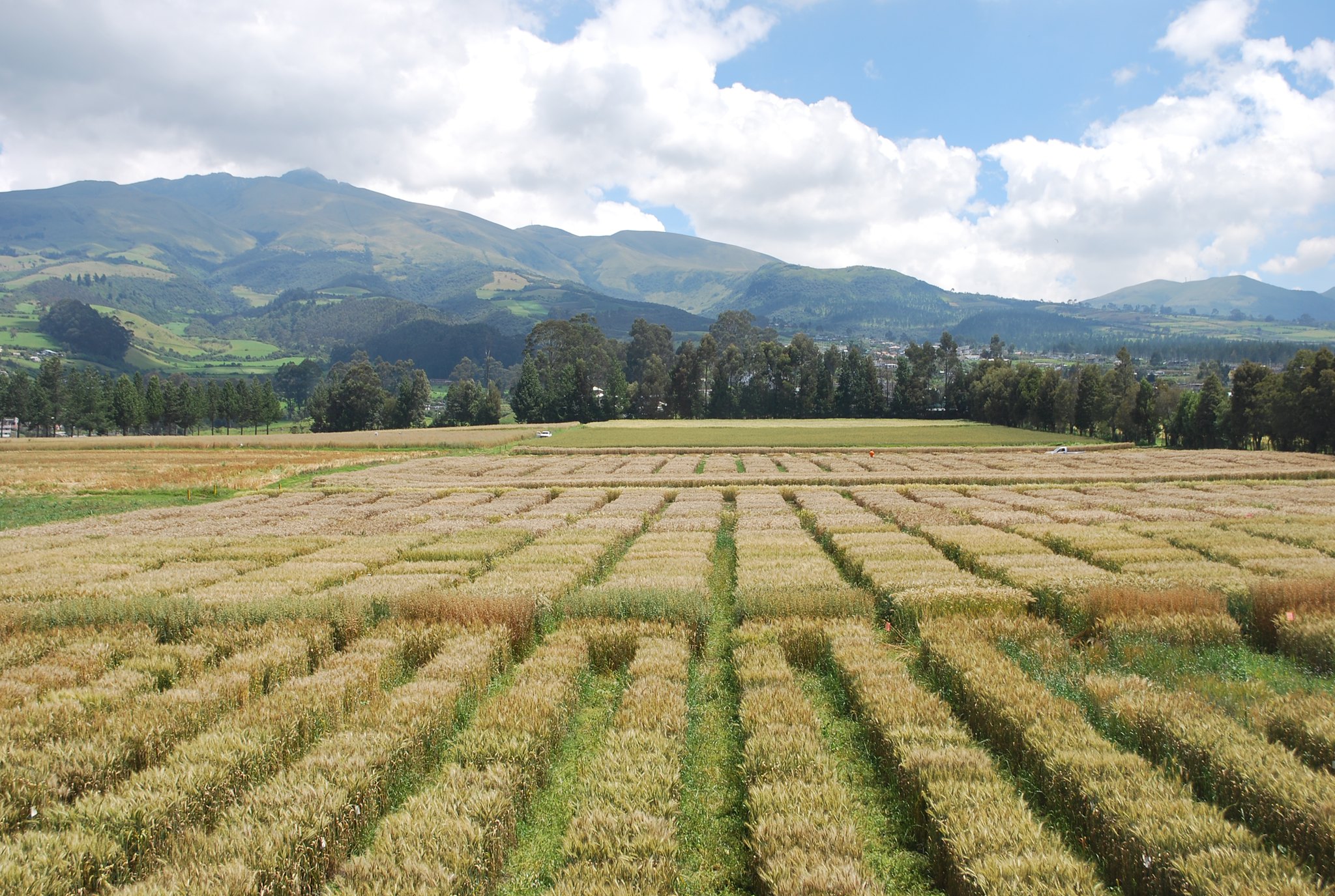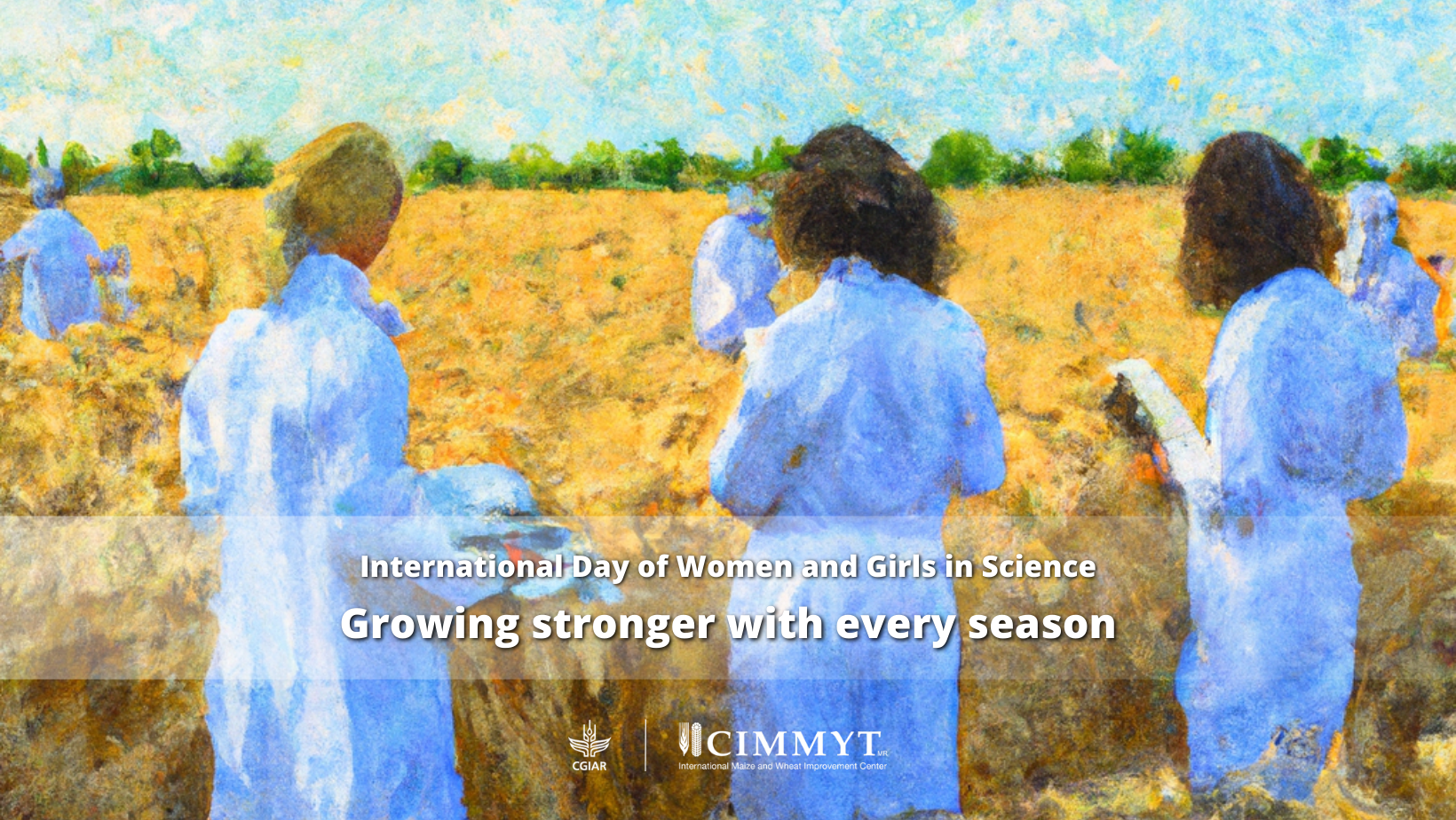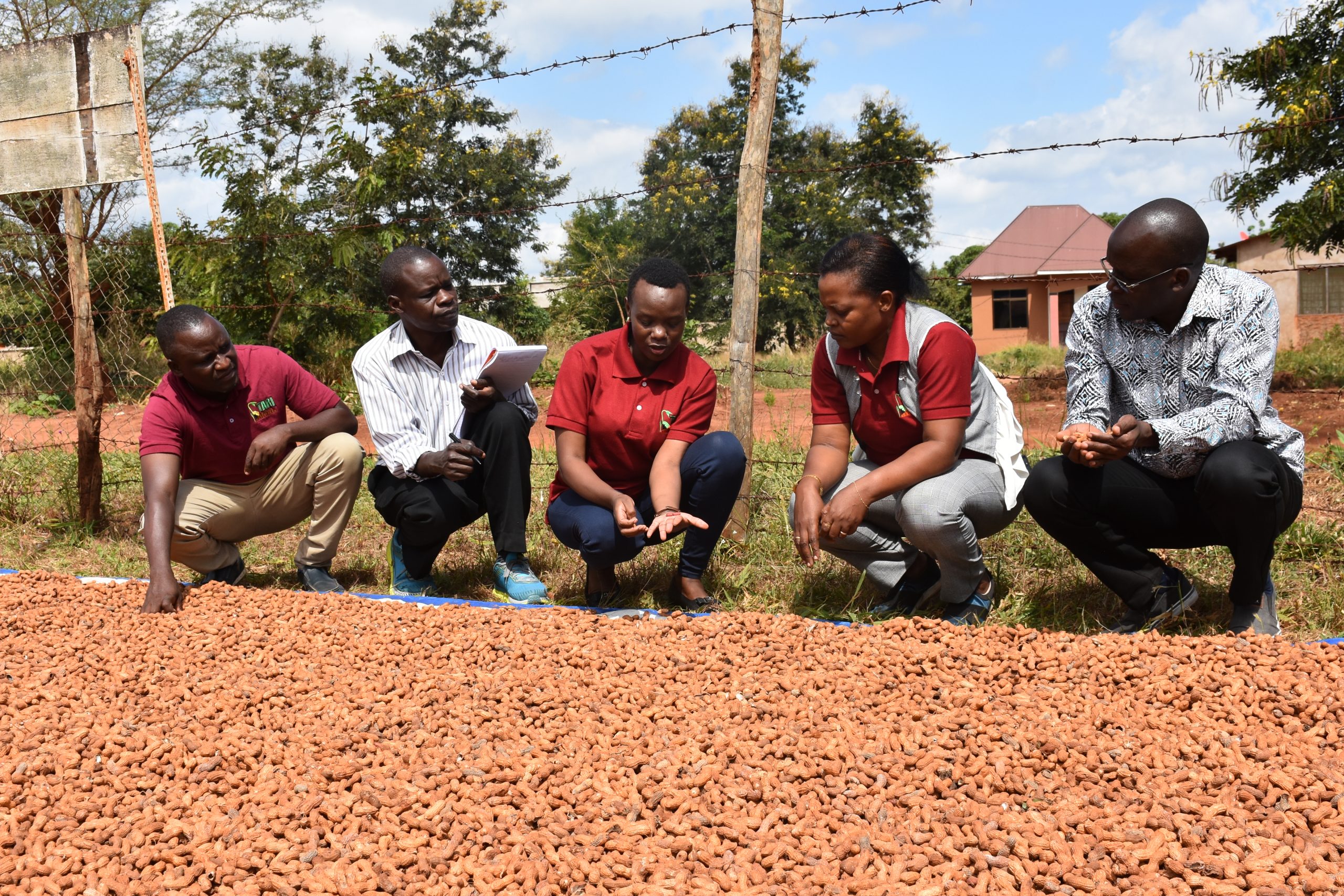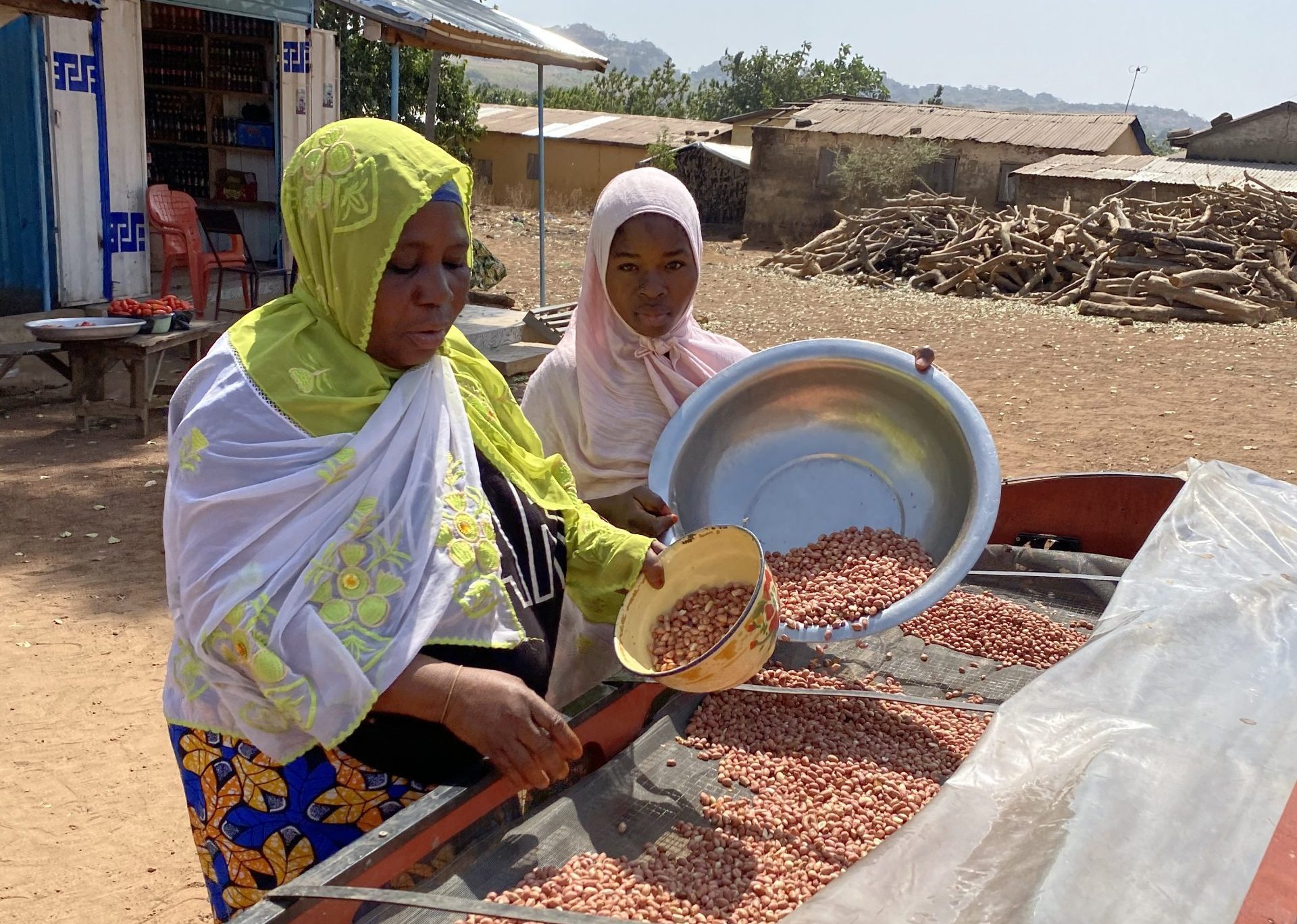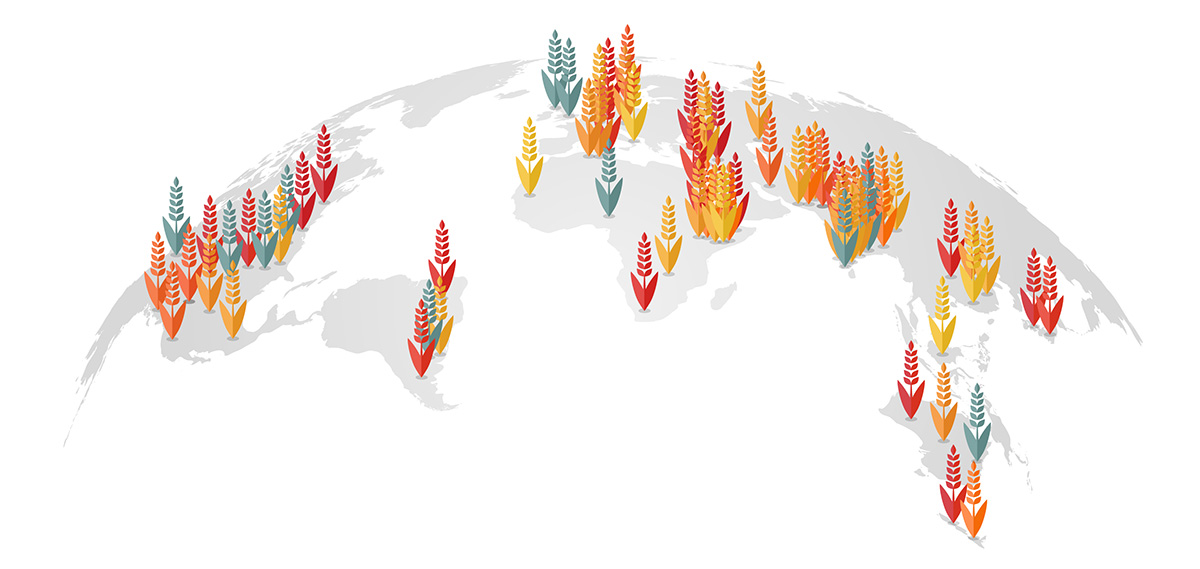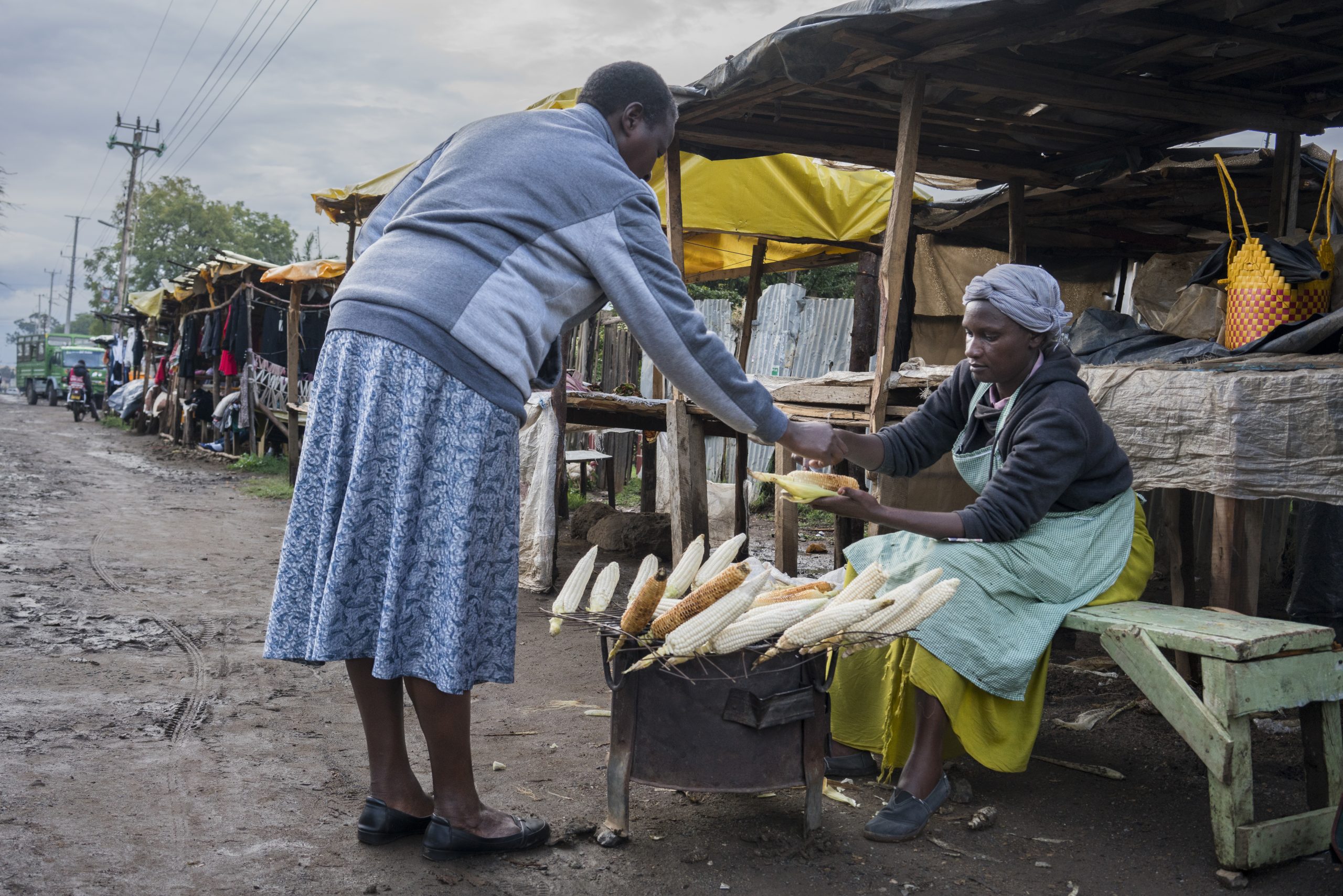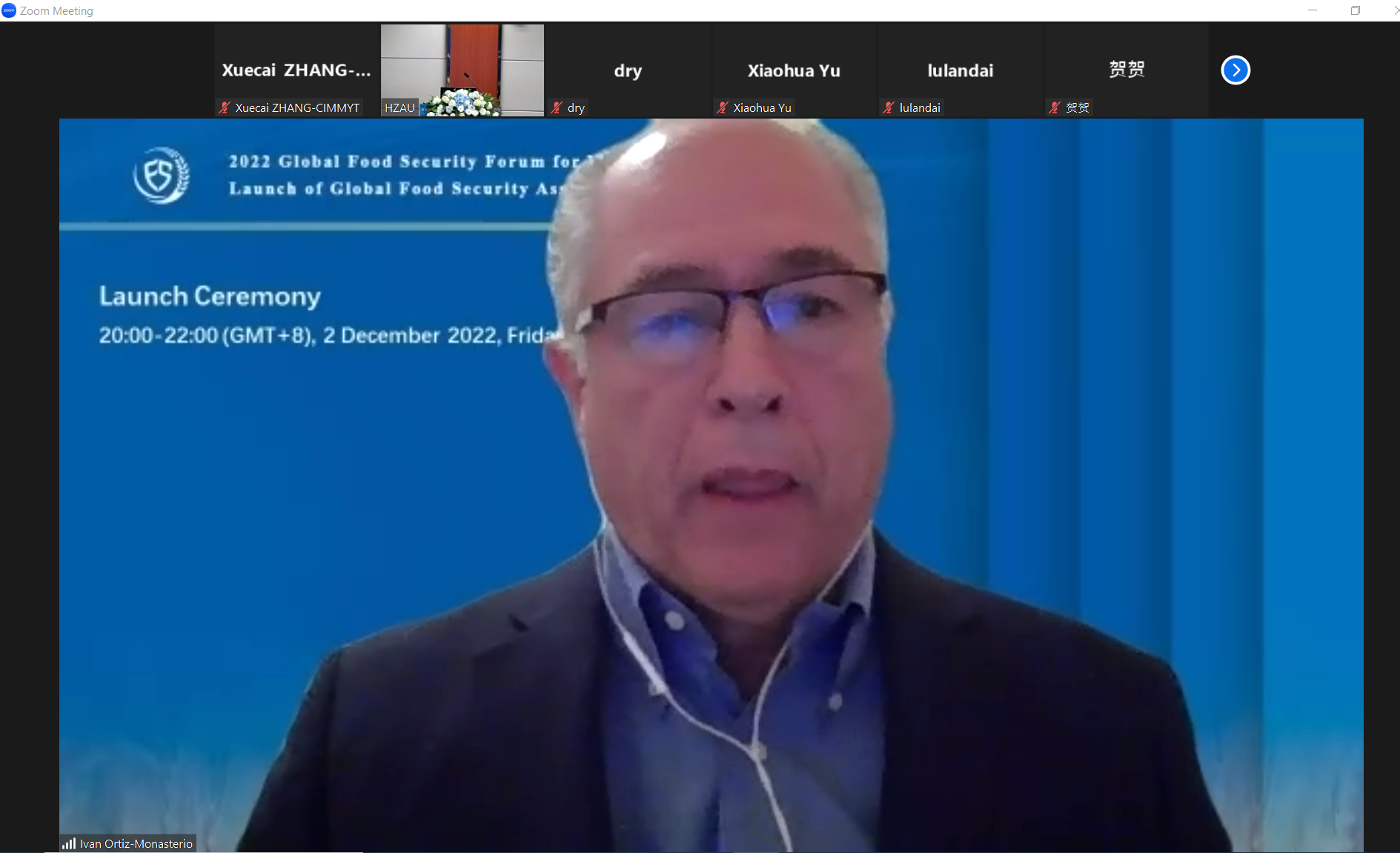Gender equality, youth and social inclusion
Gender and other social differences such as age, wealth and ethnicity, have an enormous influence upon the success of agricultural interventions. To ensure equitable impacts and benefits to rural people, CIMMYT emphasizes inclusive research and development interventions. Starting with the collection of data on gender and social differences, efforts are underway to address these gaps and ensure equitable adoption of technologies and practice. This includes working towards gender-equitable control of productive assets and resources; technologies that reduce women’s labor; and improved capacity of women and youth to participate in decision-making.
The status of women in agri-food systems
 Gender equality, youth and social inclusion
Gender equality, youth and social inclusion
CIMMYT’s efforts to align with FAO recommendations to strengthen women’s roles in food systems.
Graduate of CIMMYT/ICAR partnership honored by Indian government
 Climate adaptation and mitigation
Climate adaptation and mitigation
Harisankar Nayak’s thesis honored at a ceremony hosted by India’s Vice President
2023 Women In Triticum (WIT) Award Winners Announced
 Gender equality, youth and social inclusion
Gender equality, youth and social inclusion
The Borlaug Global Rust Initiative (BGRI) is pleased to announce the 2023 Jeanie Borlaug Laube Women in Triticum (WIT) Early Career and Mentor awardees, recognizing excellence in science and leadership for a wheat-secure future.
One year of Women in Crop Science at CIMMYT
 Gender equality, youth and social inclusion
Gender equality, youth and social inclusion
For its first birthday, a co-founder of the Women in Crop Science at CIMMYT, talks about their journey over the past year.
Growing stronger with every season
 Gender equality, youth and social inclusion
Gender equality, youth and social inclusion
At CIMMYT, our Women in Crop Science network is working to create a more inclusive internal and external environment. Here’s a glimpse of a day in the life of our team.
Supporting the careers of women in science
 Gender equality, youth and social inclusion
Gender equality, youth and social inclusion
In an interview with Happy Makuru Daudi, she shares her career journey and why groundnut is a ‘woman’s crop’.
Solar powered dryers boost peanut production in Togo
 Gender equality, youth and social inclusion
Gender equality, youth and social inclusion
The introduction of new technology has enabled farmers in West Africa to improve the quality and minimize losses of a national staple.
On Africa’s farms, the forecast calls for adaptation and innovation
 Climate adaptation and mitigation
Climate adaptation and mitigation
Source: Gates Notes (31 Jan 2023)
Bill Gates reflects on a recent visit to a Kenyan farm to see firsthand the results of work by CIMMYT and CGIAR.
How a new generation of women are changing wheat science
 Gender equality, youth and social inclusion
Gender equality, youth and social inclusion
Over the past 12 years, the Jeanie Borlaug Laube Women in Triticum award has supported 66 early-career women scientists as they build a stronger, more inclusive community of wheat scholars fighting hunger worldwide.
In maize research, farmers’ priorities are our priorities
 Climate adaptation and mitigation
Climate adaptation and mitigation
New CIMMYT research sheds light on farmer maize preferences in Ethiopia and western Kenya.
Inspiring future generations of scientists
 Climate adaptation and mitigation
Climate adaptation and mitigation
The Global Food Security Forum for Young Scientists, hosted at Huazhong Agricultural University in China and virtually around the world, highlights cutting-edge agricultural research.
